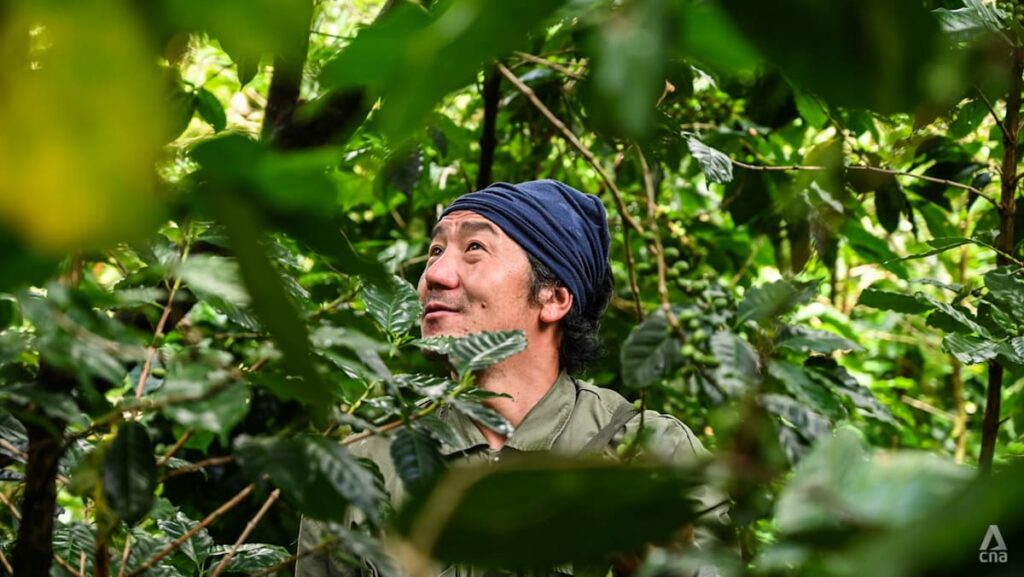A DEMAND THAT CANNOT BE STOPPED
Back when coffee cultivation began in Thailand in the late 1960s, Thais hardly drank coffee. Initially, the arabica crop was introduced to the northern highlands and promoted as part of an alternative development model to replace the illicit cultivation of opium.
The sector has evolved and in 2025, the broader domestic market is valued at 65 billion baht (US$2 billion), according to Thailand’s ministry of commerce.
From 1995 to pre-pandemic 2020, annual consumption of coffee in the country increased by more than tenfold. Thais now consume an average of 340 cups of coffee every year.
Internationally, the market was estimated to be worth US$245 billion last year, according to Precedence Research, and is projected to grow by about 4.5 per cent per year to US$382 billion by 2034.
The organic segment is expected to register the fastest growth in the coffee market during the forecast period, the research found.
Within that, Thailand is carving out its niche, not as a major volume player, but rather as a producer of high-quality, specialty and smallholder produced coffee. It is pivoting towards value.
Specialty coffee in Thailand accounts for only about 10 per cent of quantity – at around 5,000 tonnes annually – but for 20 per cent of total value. It is a cash cow for those who are able to navigate its nuances and complexities in an increasingly challenging growing environment.
While “specialty coffee” is a technical industry term that has evaluation requirements and a scoring set for attributes like aroma, flavour, acidity, body, balance and aftertaste, in Thailand it is more commonly used to describe coffee grown by smallholder farmers, with traceability and served in third-wave cafes.
While some Thai coffee undergoes technical grading, “specialty” is often a looser cultural label.
“Thailand has been lucky: Consumers welcomed coffee culture, and demand – along with interest in new coffee varieties and flavour profiles – grew faster than supply,” said Naruemon.
Read the full article here

